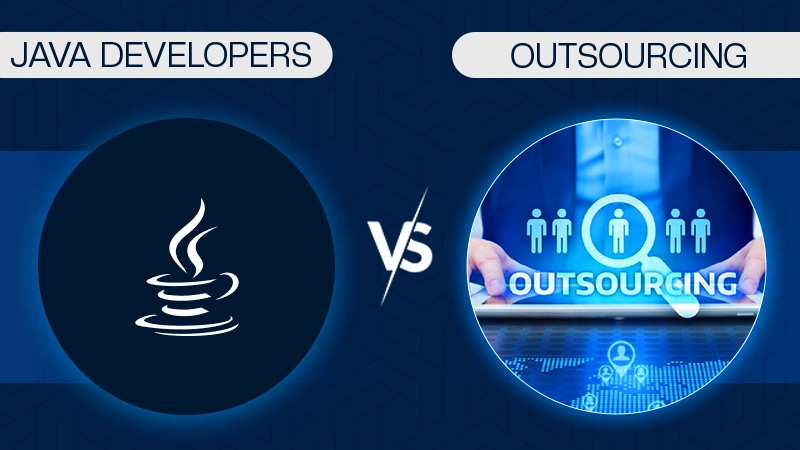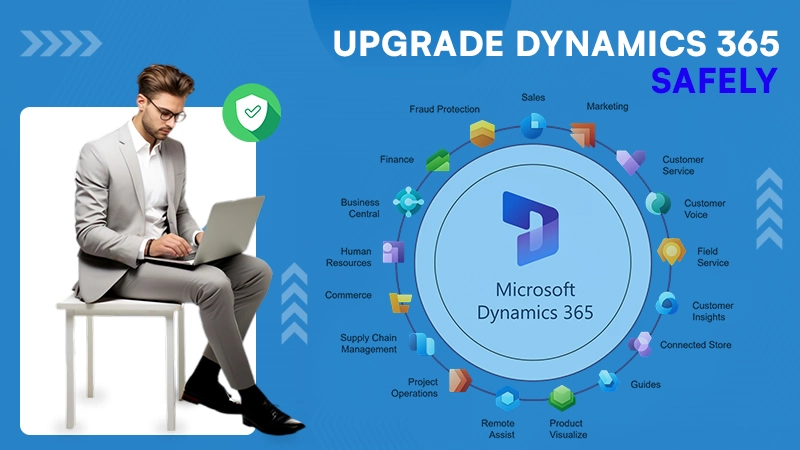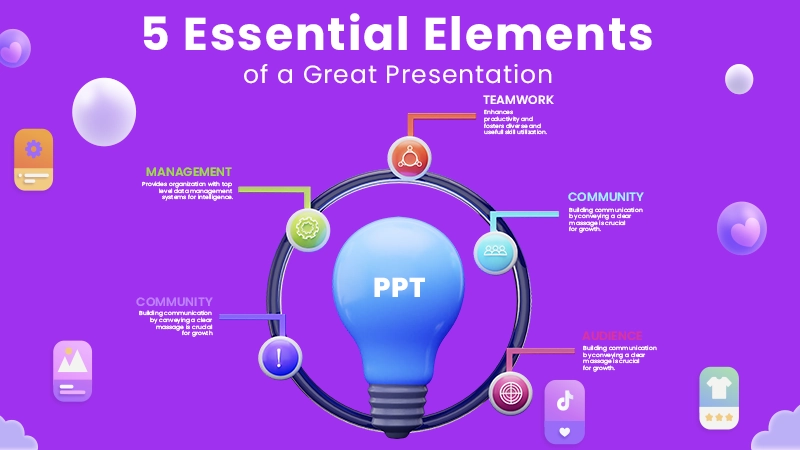In 2025, almost every business is fighting for visibility. Everyone wants to appear on top of Google, attract more traffic, and build a trusted online brand. In this competitive landscape, working with a guest posting agency has become a crucial part of any long-term SEO strategy. These agencies not only help in securing high-quality backlinks but also guide businesses in placing their content on niche-relevant platforms, ensuring links provide genuine value to readers.
As we move into 2026, SEO is evolving faster than ever. No longer is it enough to focus solely on keywords or mass content creation. Search engines are smarter, user expectations are higher, and AI-driven search results are transforming how content ranks. Understanding these changes is critical for anyone aiming to future-proof their SEO strategy.
Why SEO in 2026 Looks Different
SEO today isn’t what it was five years ago. Remember when stuffing a page with keywords could make it rank? Those days are over. In 2026, a combination of AI, user-centric design, and trust signals dominate the search landscape.
Here’s why:
- AI-driven search engines now interpret queries more like humans, understanding context, sentiment, and intent.
- Voice search and AI assistants are replacing typed queries, meaning your content must be conversational.
- Search intent outweighs keywords Google focuses on why someone searches, not just what they type.
- User experience (UX) has become a direct ranking factor. Slow or cluttered websites no longer perform well.
For businesses investing in SEO, collaborating with a guest posting agency ensures that their content is published where it reaches the right audience, enhancing both visibility and credibility.
The Core of Future-Proof SEO
To succeed in 2026, your SEO strategy must be holistic. Here’s a practical breakdown:
1. Focus on Search Intent, Not Just Keywords
Keywords remain important, but understanding user intent is critical. For instance:
- A search for “best laptops under $1000” indicates the user wants recommendations, not the history of laptops.
- A query like “how to fix a slow laptop” demands quick, step-by-step solutions.
Optimizing for intent increases engagement, reduces bounce rates, and improves rankings. Guest posts on relevant sites help establish authority in addressing real search needs.
2. Optimize for Voice and Conversational Search
Voice search is no longer optional. By 2026, more users will rely on assistants like Alexa, Google Assistant, or Siri for daily queries.
- Use natural, conversational language in your content.
- Answer common questions directly and clearly.
- Structure content in Q&A formats for voice snippet optimization.
If someone asks an AI assistant a question, your content should be positioned as the easiest, most reliable answer. Agencies specializing in guest posting often craft content specifically optimized for these AI-driven platforms, ensuring your content gets highlighted.
3. User Experience = Rankings
Google’s Core Web Vitals and UX signals are becoming more influential each year. In 2026, these factors will be critical for SEO success.
Key areas to focus on:
- Speed: Pages must load under three seconds. Slow sites lose visitors and rankings.
- Mobile-first design: With over 70% of searches on mobile devices, responsive design is non-negotiable.
- Clean layouts: Avoid intrusive pop-ups, cluttered ads, and confusing navigation.
When users enjoy your website, they stay longer and interact more — exactly what Google wants to see.
4. AI-Generated Content vs. Human Touch
AI content is everywhere, but Google now prioritizes quality and authenticity. Simply relying on AI to generate content won’t cut it in 2026.
Winning strategies include:
- Using AI for research, outlines, and efficiency.
- Adding human insight, storytelling, and original experiences.
- Sharing first-hand data, case studies, or unique insights that AI can’t replicate.
This aligns perfectly with Google’s E-E-A-T (Experience, Expertise, Authoritativeness, Trustworthiness) framework. High-quality guest posts can reinforce your authority and signal trust to both search engines and readers.
5. Build Topical Authority, Not Just Backlinks
Backlinks are still valuable, but topical authority is increasingly decisive. This means:
- Producing comprehensive content covering your niche.
- Creating content clusters to answer every potential question in your field.
- Linking internally to signal expertise and improve crawlability.
Think of your site as the “Wikipedia” for your niche. If your guest post strategy aligns with this approach, it boosts authority and relevance simultaneously.
6. Video and Multimedia SEO
Video content is no longer an add-on; it’s central. Short-form videos on TikTok, Instagram Reels, and YouTube Shorts are dominating user attention.
- Include videos within blog posts to boost engagement.
- Optimize video titles, descriptions, and captions with relevant keywords.
- Use YouTube SEO to drive additional traffic.
Sites blending text, images, and video rank higher in Google’s algorithm because they deliver richer, more engaging experiences.
7. Local and Hyper-Personalized SEO
Search is becoming increasingly localized and personalized. By 2026, users will expect results tailored to their location, history, and preferences.
To win in local SEO:
- Optimize your Google Business Profile.
- Create location-specific content and landing pages.
- Encourage authentic customer reviews for credibility.
If someone asks Siri, “best coffee shop near me”, your business should appear as a top result. Agencies that specialize in guest posting can help place content on local niche blogs, boosting visibility in region-specific searches.
8. Guest Posting Sites List for Maximum Impact
One of the most effective ways to build authority is through guest posting. A curated guest posting sites list ensures your content reaches the right audience and earns quality backlinks.
When building such a list:
- Target niche-relevant blogs, not general directories.
- Prioritize sites with high domain authority and active readership.
- Ensure the content is valuable, engaging, and not purely promotional.
This approach aligns with modern SEO principles, focusing on quality over quantity.
SEO Tactics to Avoid in 2026
Even with all these strategies, there are pitfalls to avoid:
- Keyword stuffing: Irrelevant and forced keywords hurt rankings.
- Buying spammy backlinks: Low-quality links can trigger penalties.
- Thin, AI-only content: Content without value won’t engage users or rank well.
- Ignoring UX: Sites that are slow, clunky, or hard to navigate will be left behind.
How AI Shapes SEO in 2026
The biggest shift in SEO is the rise of AI. This changes how we create, optimize, and measure content.
- AI-powered optimization: Google and other search engines use AI to generate summaries, snippets, and answers at the top of SERPs. Optimizing for these features can increase visibility.
- Human oversight: AI can create content quickly, but quality, accuracy, and insight require a human touch.
- User trust: With AI-generated content potentially reducing clicks, trust signals, credibility, and E-E-A-T compliance become more important.
Platforms like Quora and Reddit reveal trends where users increasingly search for first-hand experiences and actionable advice, which AI alone cannot replicate.
Multi-Platform and Multi-Modal Search
Search is no longer limited to Google. By 2026:
- Users search on TikTok, Amazon, YouTube, and Pinterest.
- Image-based and multimodal queries (combining text, voice, and visuals) are rising.
- Your SEO strategy must include cross-platform visibility, not just traditional search engines.
Guest posts that include multimedia, actionable insights, and platform-optimized content become powerful assets.
Strategic Content and Technical SEO
Keywords are still part of the puzzle, but stuffing them is ineffective. Focus on:
- High-quality, contextually relevant content.
- Clear alignment with user intent.
- Strategic internal linking and technical SEO for smooth crawling and indexing.
Experimenting alongside core SEO practices ensures your strategy remains adaptable to the AI-driven search landscape.
Preparing for SEO in 2026
To thrive, businesses need to:
- Develop new skills: Include technical fluency, strategic thinking, and human insight.
- Adapt and innovate: Embrace AI-driven tools, voice search, and content experimentation.
- Think holistically: Integrate SEO with overall user experience, brand presence, and multi-channel strategy.
Final Takeaways
SEO in 2026 isn’t about quick hacks, it’s about delivering real value, trust, and a seamless experience. Key takeaways:
- Prioritize search intent over raw keywords.
- Optimize for voice, AI assistants, and emerging search platforms.
- Continuously enhance user experience.
- Use AI strategically, but maintain a human touch.
- Build topical authority and leverage guest posting sites list for backlinks.
- Embrace video, multimedia, and local SEO.
In short, ranking higher in 2026 means thinking less about tricking the algorithm and more about serving the user better than anyone else. With AI integration reshaping SEO, focusing on trust, quality, and strategic content will ensure your brand thrives long-term.










